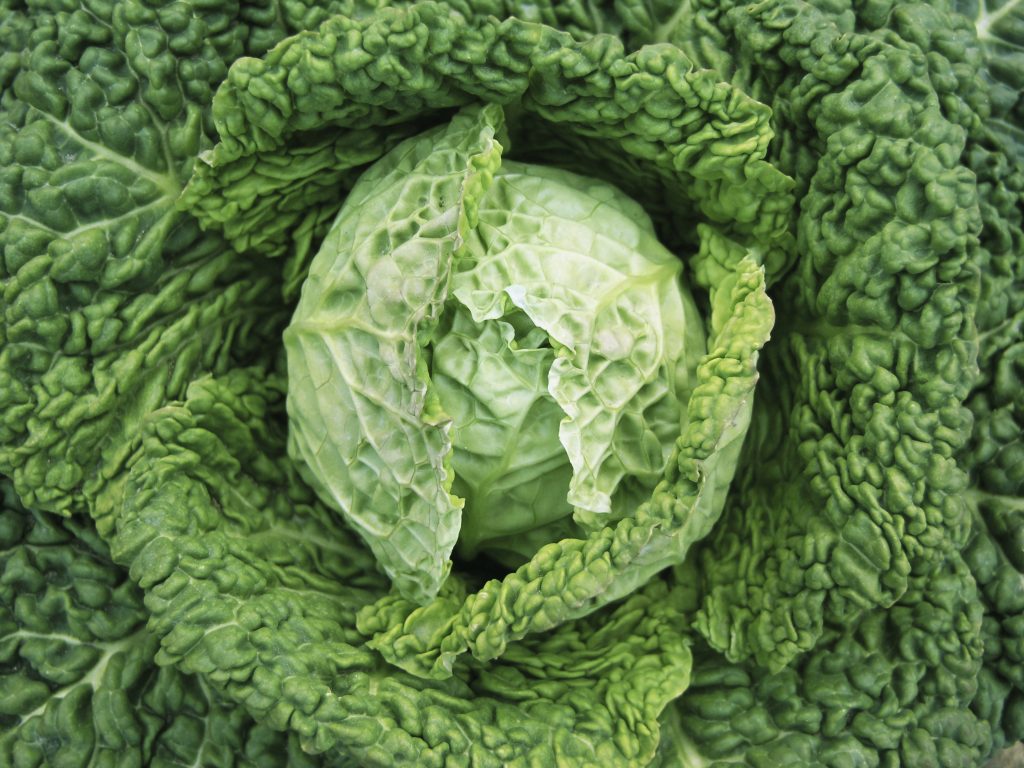Taking concrete steps to improve Myanmar's Plant Health System
In developing regions where pest and disease outbreaks and the impact of climate change is most devastating, early warning systems are required to build resilience into agricultural production. These early warning systems cannot operate in a void, but proves effective when incorporated within a national policy framework that can support a holistic plant health system…
Can farms maintain productivity while reducing pesticide use?
A new UN report states that it is dangerously misleading to suggest that pesticides are necessary to achieve food security. Instead, the report recommends that farms reduce pesticide use and adopt sustainable practices that protect crops from pests by enhancing biodiversity and natural enemies. This agroecological approach eliminates reliance on, and exposure to, expensive and toxic…
CABI organizes five-day Integrated Pest Management course in Beijing
CABI organized a five-day course on Integrated Pest Management (IPM) at the Graduate School of the Chinese Academy of Agricultural Science (CAAS) in Beijing on 13 to 17 February 2017. The course was delivered by CABI IPM expert Stefan Toepfer, a visiting professor at the Institute of Plant Protection in CAAS, where the joint Chinese…
Cabbage disease mystery in Ghana
Cabbage is an important crop in Ghana where it grows all year round, right across the country. It is mainly grown for commercial production in Southern Ghana, in Akwapim and Kwahu areas and in the moist high elevations around Tarkwa. Growing cabbage in Ghana is challenging since it can be attacked by a variety of…
Why the green peach aphid is such a successful pest
Recent research highlights why the green peach aphid (Myzus persicae) is one of the most successful crop pests. These findings will help further the development of effective management and control measures which will ultimately reduce worldwide crop losses.
Scientists discover new crop-destroying Armyworm is now “spreading rapidly” in Africa
New research announced today by scientists at CABI confirms that a recently introduced crop-destroying armyworm caterpillar is now spreading rapidly across Mainland Africa and could spread to tropical Asia and the Mediterranean in the next few years, becoming a major threat to agricultural trade worldwide.
New device can detect crop pathogens by smell
By Philippa Merry. Reblogged from The Courier. Dubbed an E-Nose, the equipment has been developed by engineers and scientists to detect crop pathogens by smell weeks before any infection becomes outwardly apparent or evident on any visual basis. “It’s an amazing tool for early detection,” commented Kit Franklin, a lecturer of agricultural engineering at Harper…
BioClay pesticide spray successful in recent trials
Australian researchers have developed a new nanotechnology pesticide spray called BioClay which has shown success in recent trials. Developed by the Queensland Alliance for Agriculture and Food Innovation (QAAFI) and the Australian Institute for Bioengineering and Nanotechnology (AIBN), BioClay contains double stranded RNA which can be sprayed onto a crop. When the RNA contacts the…
Zambia Battles Armyworms That Are Decimating Corn Fields
By Matthew Hill and Taonga Clifford Mitimingi. Reblogged from Bloomberg Markets. Zambia must intensify its fight against an outbreak of armyworms that’s wiping out fields of the staple corn crop, posing a threat to the southern African nation’s food security, Vice President Inonge Wina said. “They are posing a big threat to food security in…
Sharing experiences of mitigating the impacts of Tuta absoluta
Contributed by Kritika Babbar, CABI India Climate change has emerged as one of the most important environmental, social and economic issues today – especially for South Asia, which is highly impacted by these changes. In light of this, an international conference on Biodiversity, Climate Change Assessment and Impacts on Livelihood (ICBCL) was convened in Kathmandu…



